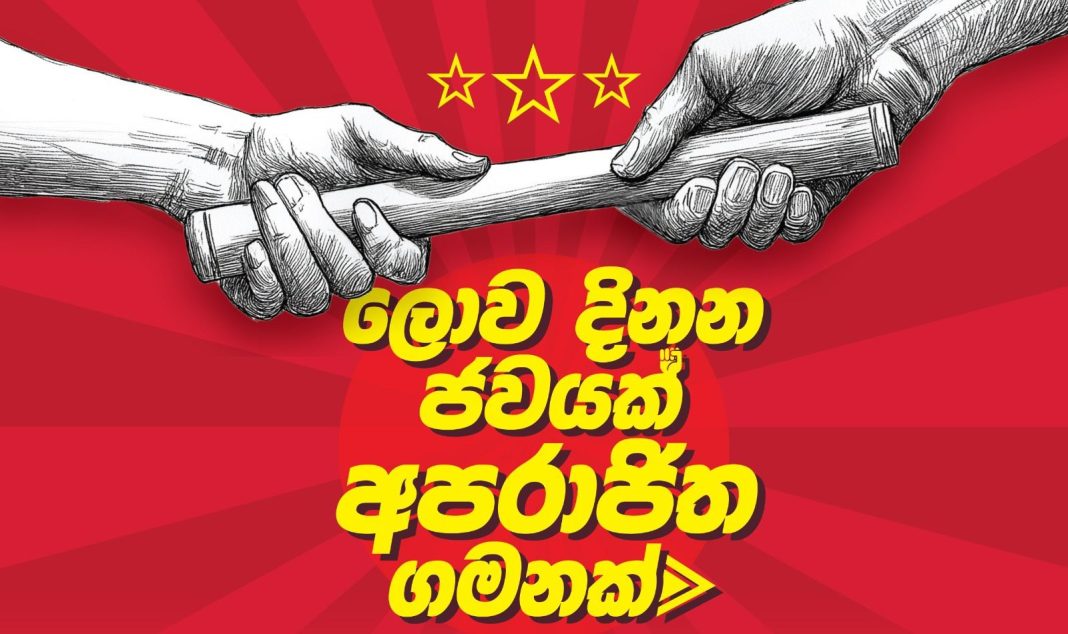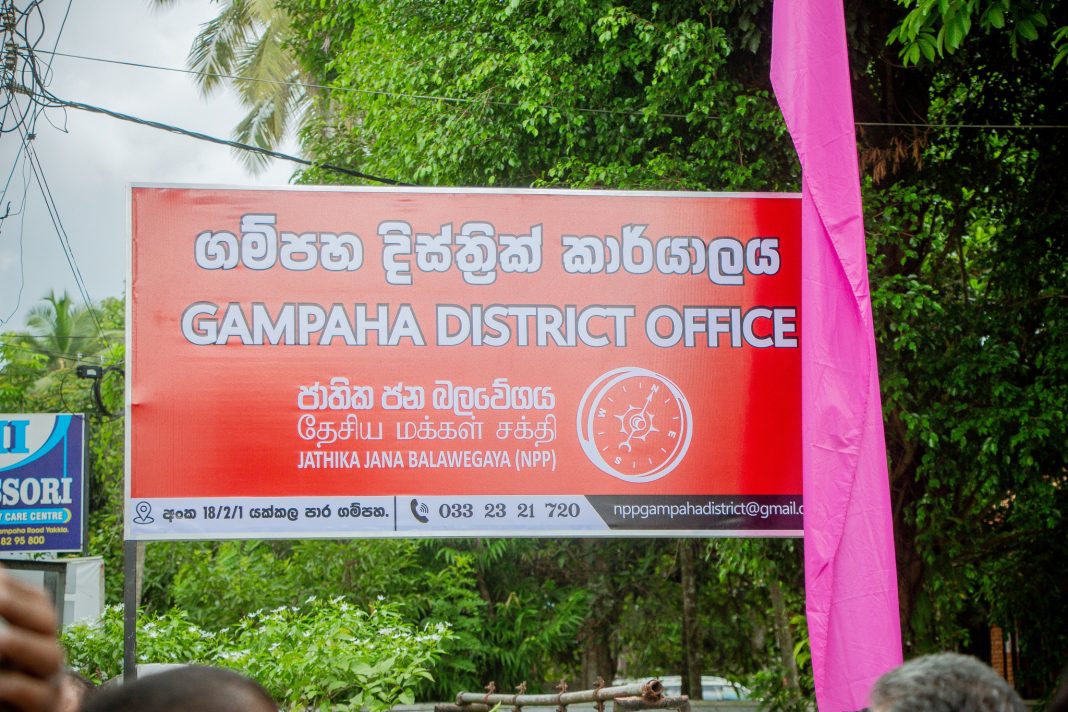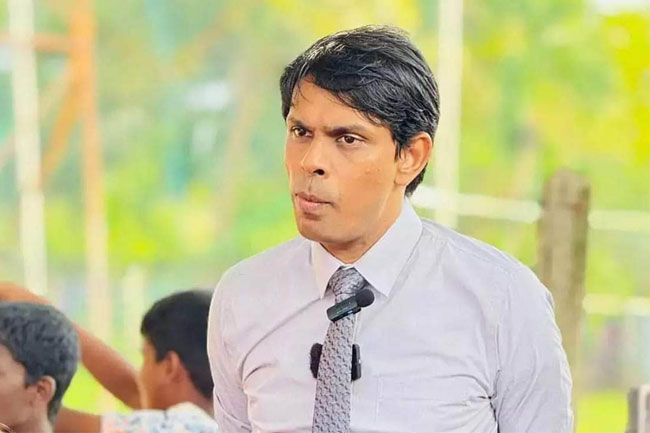The Janatha Vimukthi Peramuna (JVP), Sri Lanka’s revolutionary left-wing party, marks its 60th anniversary today, May 14th, 2025, with celebrations planned at Colombo’s Viharamahadevi Park. Founded on May 14th, 1965, at a pivotal meeting in Akmeemana, Galle, under the leadership of Rohana Wijeweera, the JVP’s initial aim was to establish a new revolutionary party for Sri Lanka’s working class to seize state power.
The JVP commemorates this milestone sixty years later under the theme “A Force to Conquer the World, An Unstoppable Journey.” Notably, this anniversary is being celebrated with a President elected from within its ranks, a historic first for the party.
The JVP’s emergence was fueled by widespread discontent among the youth during the Sirimavo Bandaranaike government’s closed economic policies, which led to long queues and severe restrictions on essential goods. The proposed path to people’s power resonated with a generation facing unemployment and caste oppression.
This early momentum culminated in the 1971 April Uprising, an attempt to seize power that ultimately failed due to communication breakdowns and resulted in mass arrests and the conversion of university campuses into detention centers. Despite its failure, the JVP maintains that the 1971 struggle was a logical outcome of the prevailing political climate, not merely an accident or a conspiracy.
Following the unsuccessful uprising, the JVP entered mainstream politics, with Rohana Wijeweera contesting the 1982 presidential election, marking the first time the party used the “bell” symbol. He secured 273,428 votes, placing third.
The party faced a ban in 1983 under the J.R. Jayewardene government amidst ethnic tensions. The late 1980s saw a second youth uprising, a period marked by violence from both the JVP and the state.
A significant turning point was the 1987 Indo-Lanka Accord, which led to the formation of provincial councils and the arrival of Indian troops, sparking JVP opposition under the banner of the “Patriotic People’s Movement.” A May Day rally in 1987 was met with police gunfire, resulting in the deaths of a university student and a worker. The ensuing “88/89 reign of terror” saw an estimated 60,000 youth killed and widespread human rights abuses. Rohana Wijeweera was captured and killed in 1989.
In the late 1990s and 2000s, the JVP gradually shifted towards nationalism, although some nationalist tendencies were evident earlier, as seen in Wijeweera’s 1985 book on the Tamil Eelam struggle.
The JVP entered coalition politics in 2001, supporting Chandrika Bandaranaike Kumaratunga’s government to prevent its collapse. This led to an alliance with Mahinda Rajapaksa’s Sri Lanka Freedom Party, resulting in 39 parliamentary seats in the subsequent election. Anura Kumara Dissanayake, the current leader and President, served as a cabinet minister in this period.
During the 2004-2005 period, the JVP aligned with nationalist organizations, advocating for the continuation of the civil war in the north. They also played a key role in challenging the government’s peace talks with the LTTE and the post-tsunami aid agreement.
The JVP supported Sarath Fonseka against Mahinda Rajapaksa in the 2010 presidential election, following a period of internal conflict regarding the party’s strategies after its reorganization in 1994. This internal strife led to a split in 2011, with a breakaway faction forming the Frontline Socialist Party.
In recent years, the JVP, now under the National People’s Power (NPP) coalition, contested the 2019 presidential election with Anura Kumara Dissanayake as its candidate, securing 3% of the vote. In the 2020 general election, they won 3.84% of the votes, gaining three parliamentary seats.
The JJB played a role in the 2022 “Aragalaya” protests, initially claiming it was a leaderless movement ready for their leadership. However, the JVP’s trade union arm’s decision to suspend strikes drew criticism.
After years of supporting various presidential candidates, Anura Kumara Dissanayake contested and won the 2024 presidential election under the National People’s Power (NPP) banner, a coalition including the JVP, marking a historic moment for the party as it celebrates its 60th anniversary.

This article has been compiled by a freelance writer and the writer is responsible for the accuracy of the facts, information, statistics, and sources contained in the article.





